What is the Best Way to Teach Beginners How to Be Safe Around Horses
Now we’re going to talk about the best way to teach beginners how to be safe around horses. So as an experienced horse person, I’m sure you understand that a lot of accidents can be prevented, and a lot of them can be traced back to the telltale signs showing that a horse is being stressed.
They could be simple things, a horse raises his head and pricks his ears, or he could lower his head and his ears could go back or he could stiffen through the back and short steps. If a student learns about their horse’s body language from the first lesson, they can start to look for these subtle signals as well.
So before you begin to start the first part of the riding, or start the riding part of the lesson, introduce them to the basics of interactions with horses, teach them how to approach their horse and why, and also show you how this is relevant to the natural instincts of the horses and how they’re handling techniques build trust from the horse. Encourage them to look at the horse’s body language and other horses in the vicinity and discuss different reactions and what they mean.
If you see two horses together, look at the individual body language and then the differences and discuss the more dominant horse and the more submissive and look at their reactions to each other. Reinforce safety procedures like catching the most dominant horse within the herd. And why this is important for the handler’s safety. You could discuss what could happen if a submissive horse was caught first.
Do a scenario have a scenario like the submissive horse chord, and then the dominant horse comes over to the submissive horse, well, the submissive horse is going to try and get away but they could run over the person who’s caught them if that person was in the way, and then reinforce while this is so important that we catch the most dominant horse first.
Talk to them about when a horse is tied up, you know, discuss why they shouldn’t be a loose horse tied around a horse, it’s tied up particularly if that loose horse is the more dominant horse and the sorts of interactions between the horses and what could happen. And then show the safe way to handle and lead the horse and give some what-if scenarios to show the correct way to position themselves and lead the horse.
Talk to your beginner students about just staying aware of the horse’s body language and how they think ahead, they can prevent accidents to themselves and also look after other people and horses around them. As your beginner rider starts to understand the more obvious horse behaviours, discuss the more subtle signs, you know, you can talk about what the head raised or lowering means.
You know whether it’s good or bad talk about the eyes. The eyes are opening wide what’s a faster blink time and what a slower blink time is and show them the difference and what it means. And you can also talk to them about the different types of sweat that a horse has. You can talk to them about you know what it means when the horse swishes its tail and also to a horse pouring and tightening his muscles and what that could mean.
Even different types of snorts I’m sure they’ll probably hear a snort while there but what do the different types of snorts mean? So instructors should teach herd behaviour, dominance, and submissiveness from the safe first lesson because it’s safe.
As you start with your riders, you know, you start with riding yourself, you would learn the basics and then as an instructor, you would have learned the basics, and just remember, these are beginner students. They’re just learning to ride. So start with the basics about the body language of horses.
Another safety thing while you are teaching, be aware and take appropriate action if you notice any unusual behaviour or signals with the horses, then that way you keep them safe people safe around you and you’re preventing accidents.
Have a safe ride!
Glenys 🙂
International Horse College
———————————————-
If you are interested in a career in the International Horse Industry then contact our friendly staff for a free Equine Industry Career Consultation.
International Horse College
Phone: 0438 549 577 I +61 7 3102 5498
Email: Admin@InternationalHorseCollege.com
Website: www.InternationalHorseCollege.com
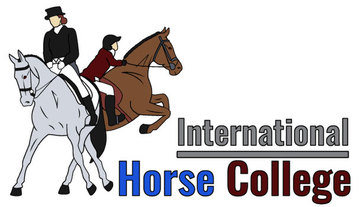
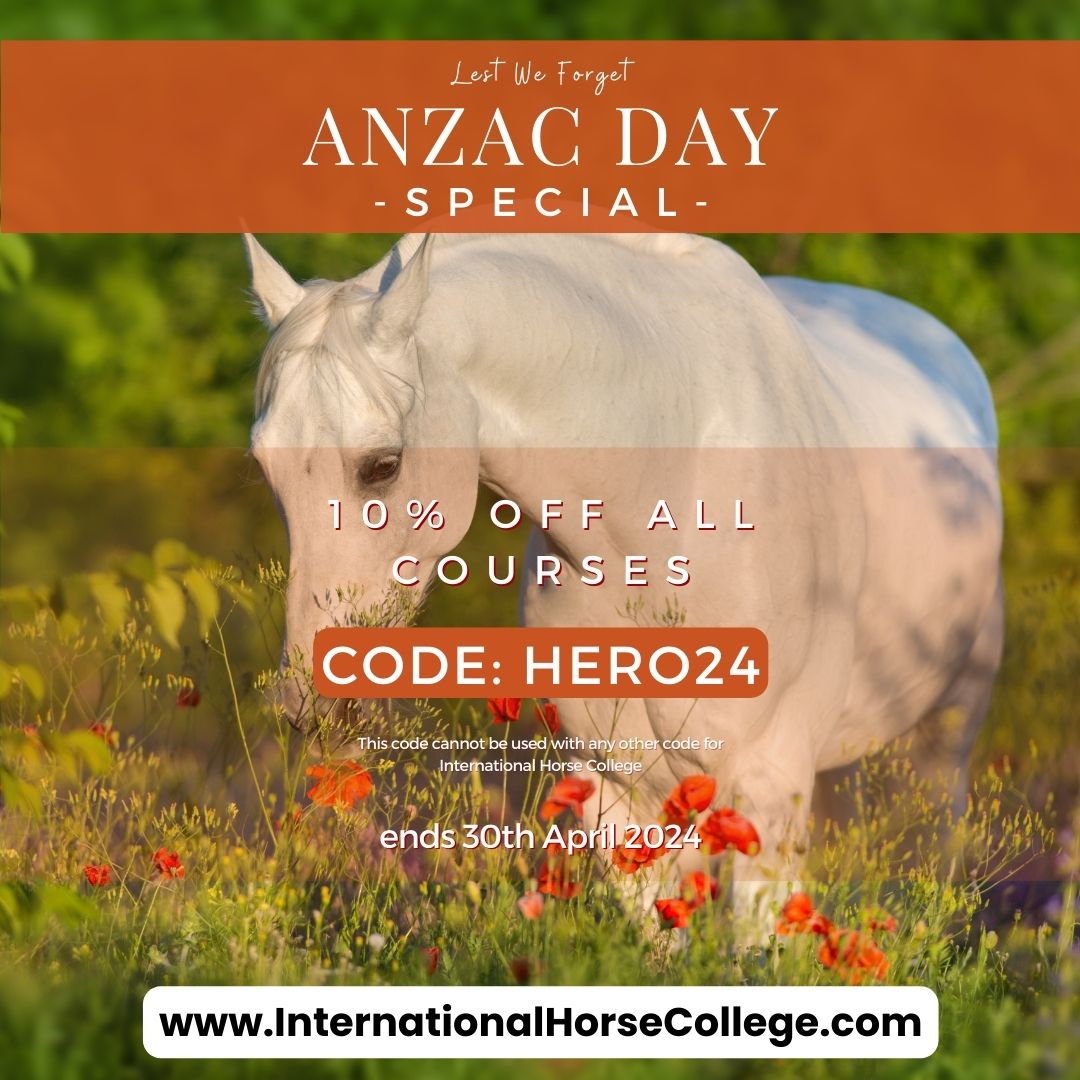
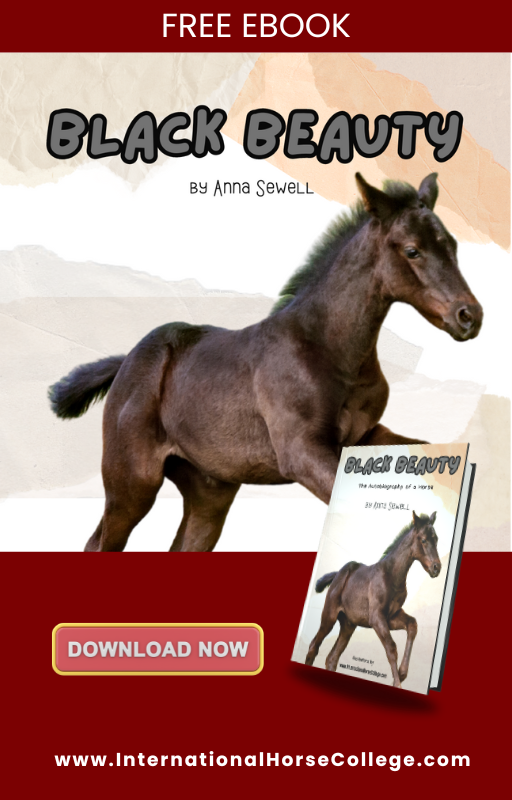
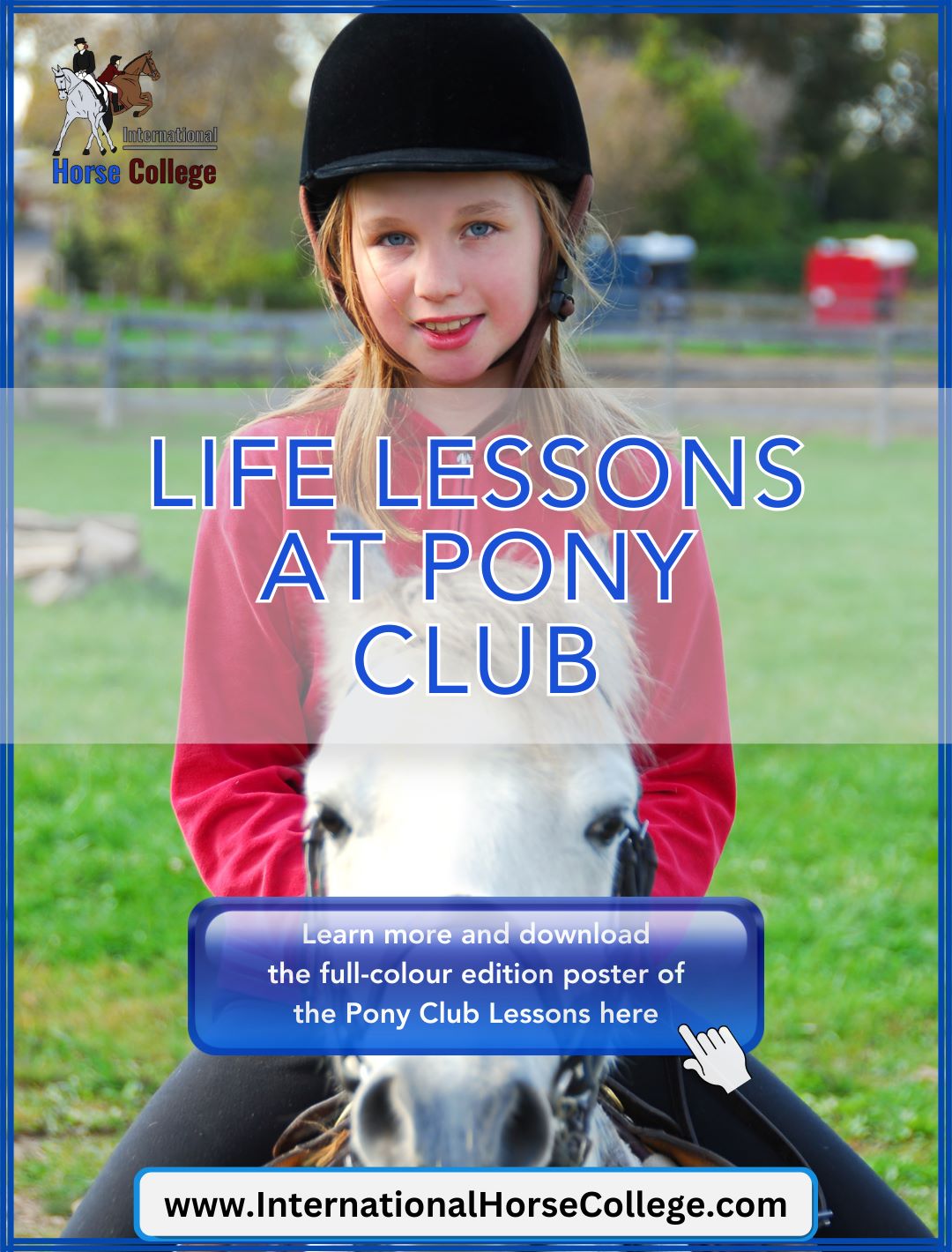
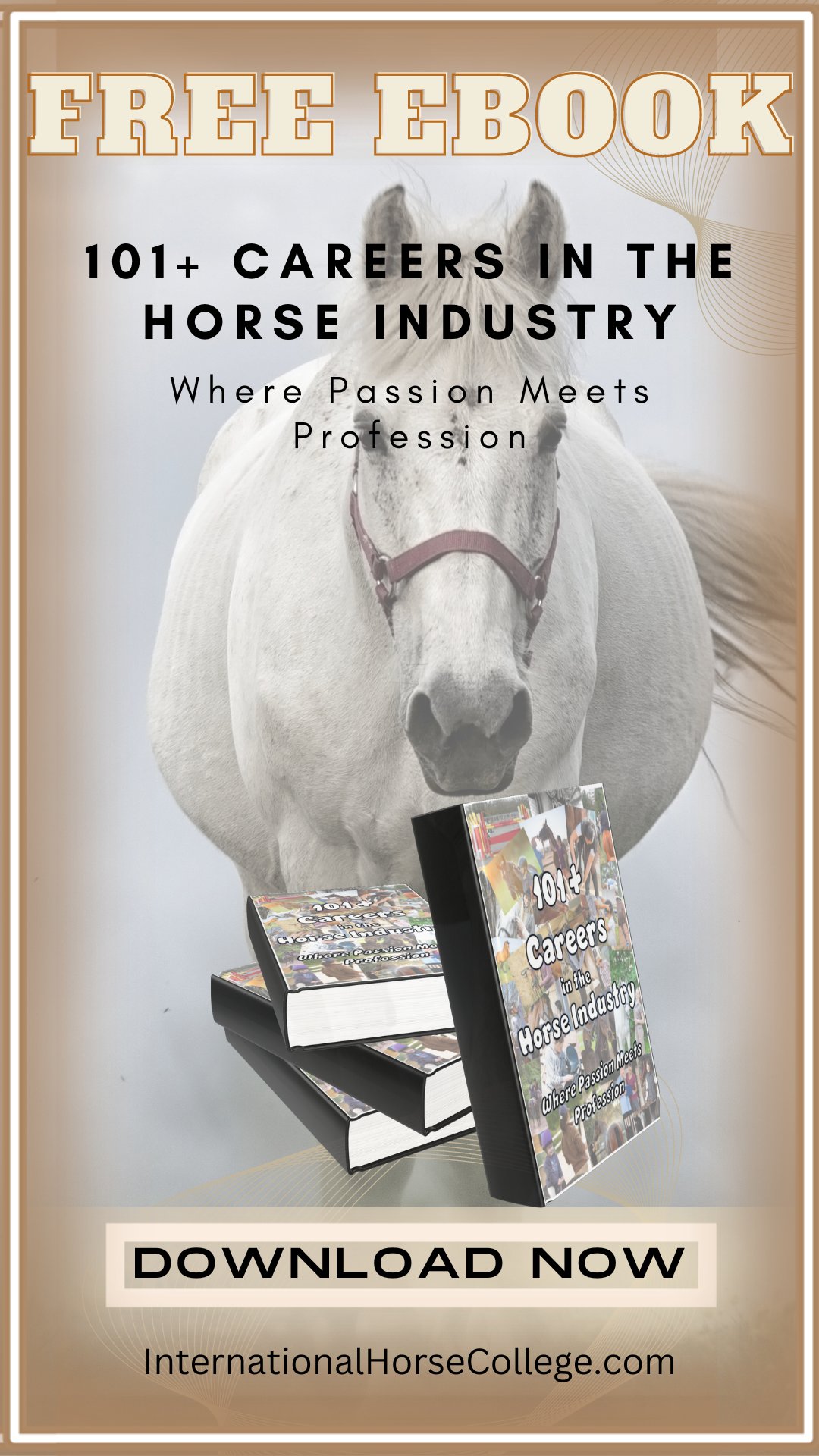
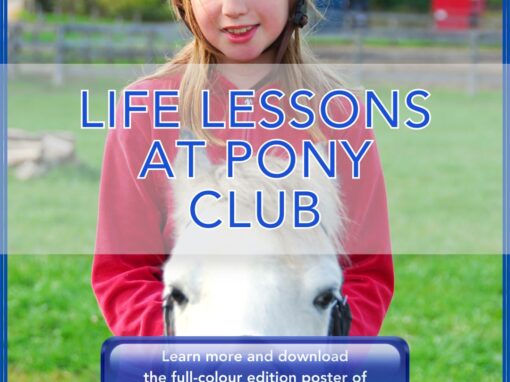
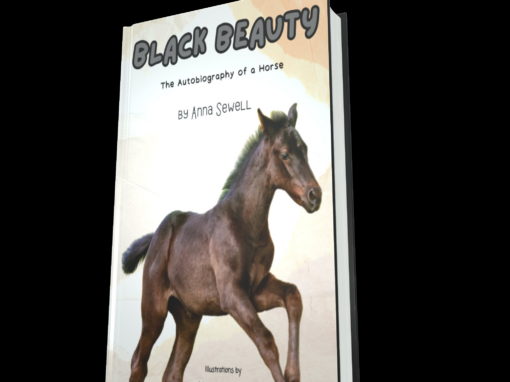
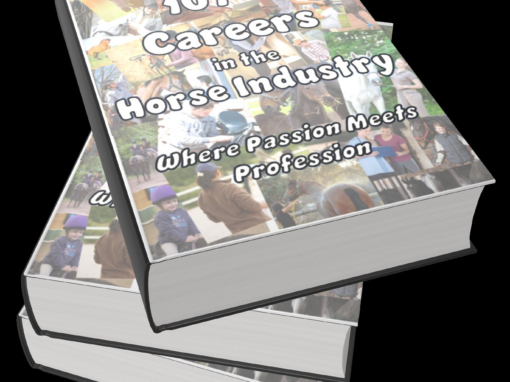
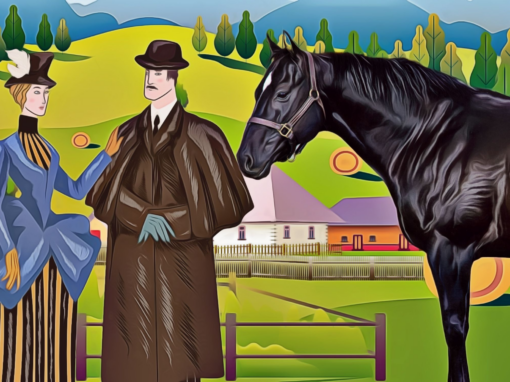
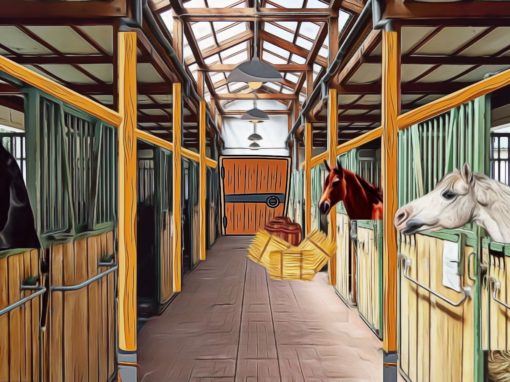
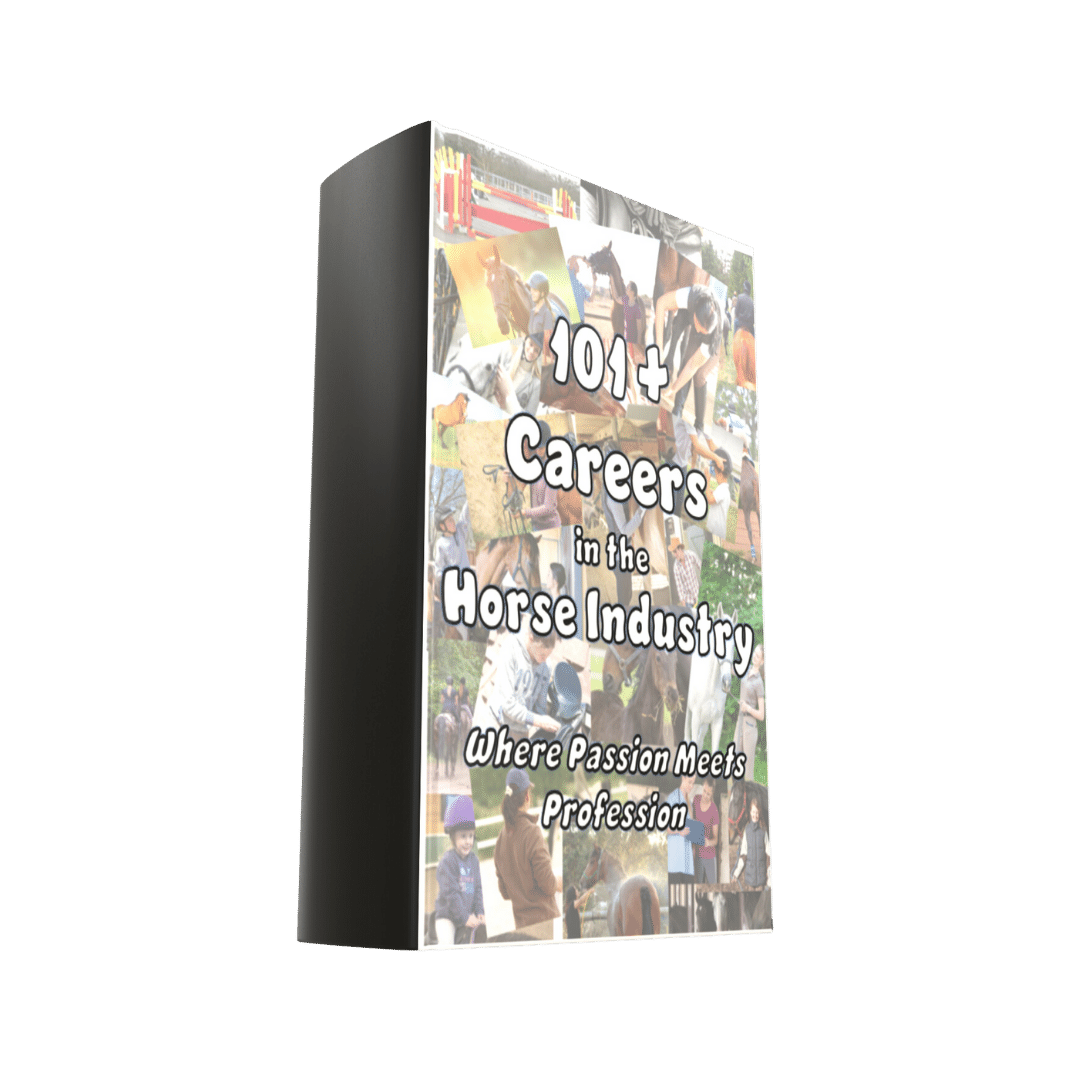
I completely agree that beginners and kids should be taught about horse behaviour and dangerous body languages that horses display. it definitely needs to be taught in a kind and professional way too so that the beginner understands and stays safe. Awesome lesson! 🙂
As beginners (particularly young beginner riders) aren’t as aware of horse body language, I fully agree that the first riding lesson should consist of knowledge on how to identify positive and potentially dangerous horse body language. When the rider is professionally educated on how to interpret the horse’s body language, the rider is more likely to stay safe while around horses. Very educational takeaway from this lesson!
Beginners should always be taught about the horses body language as this can prevent accidents and help teach beginners rider safety.
Beginners or young Kids need to know the foundations on reading the horses body language, before they can even go near a horse or even ride it.